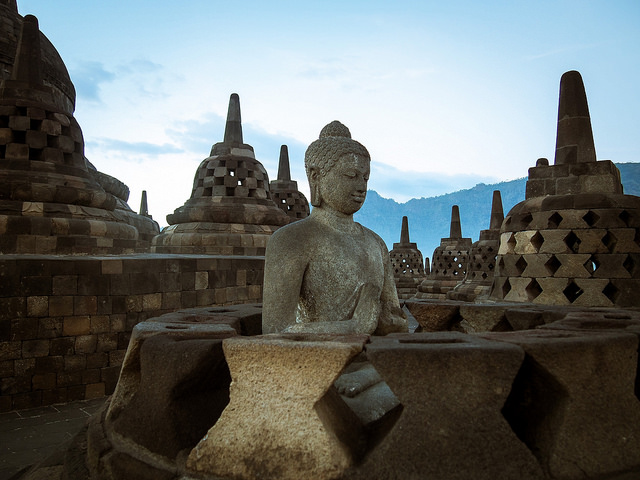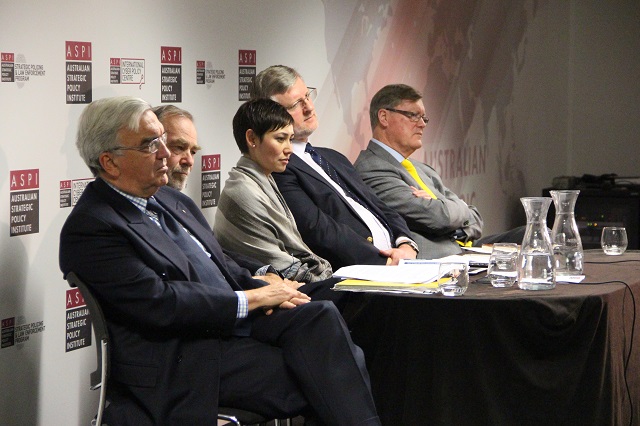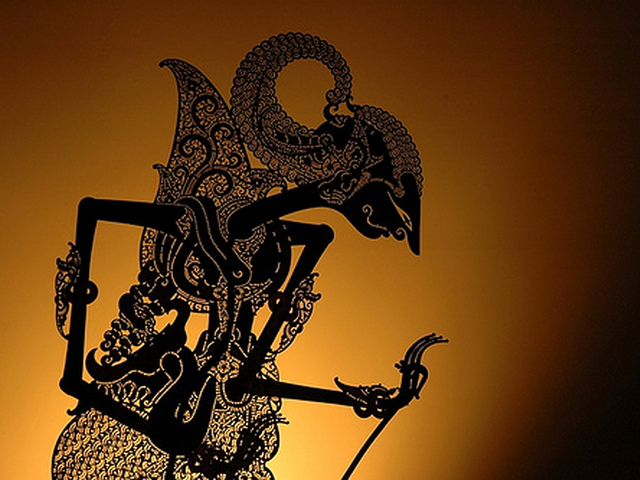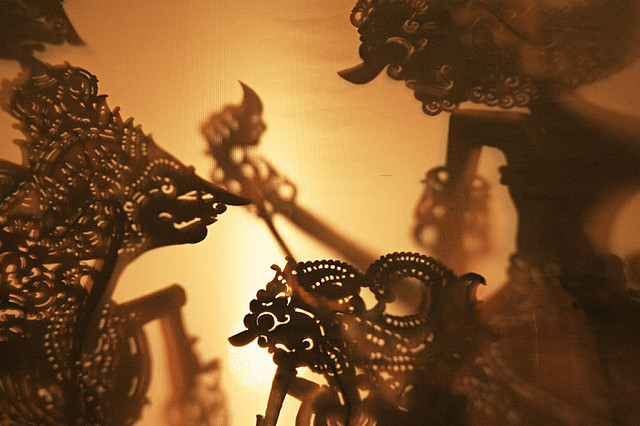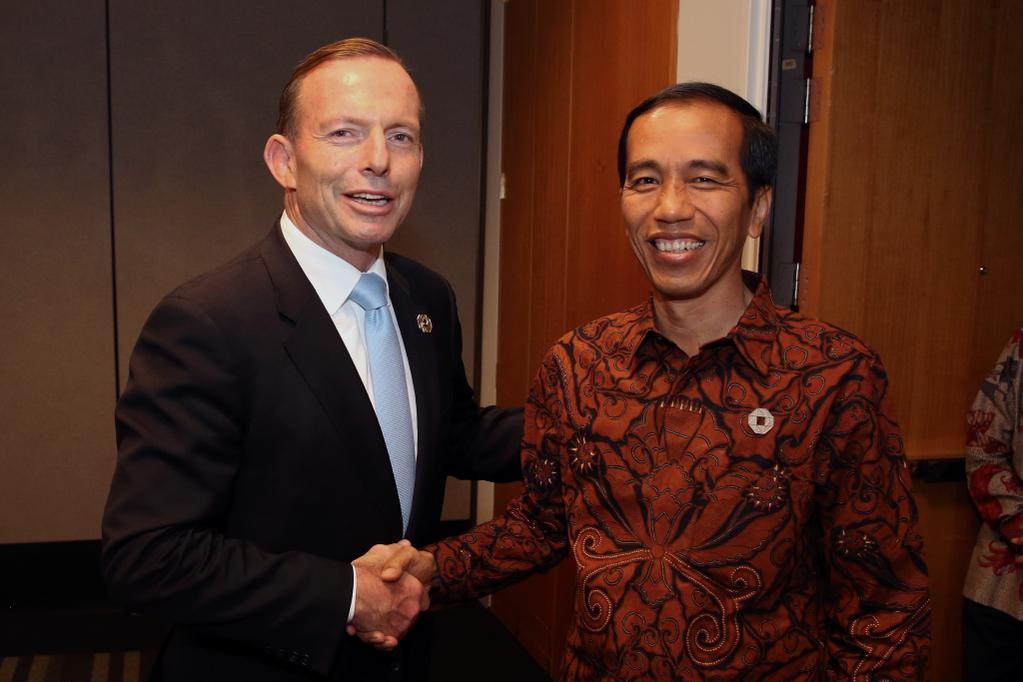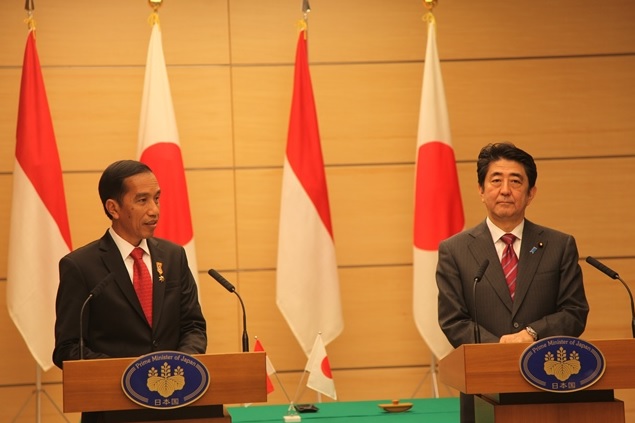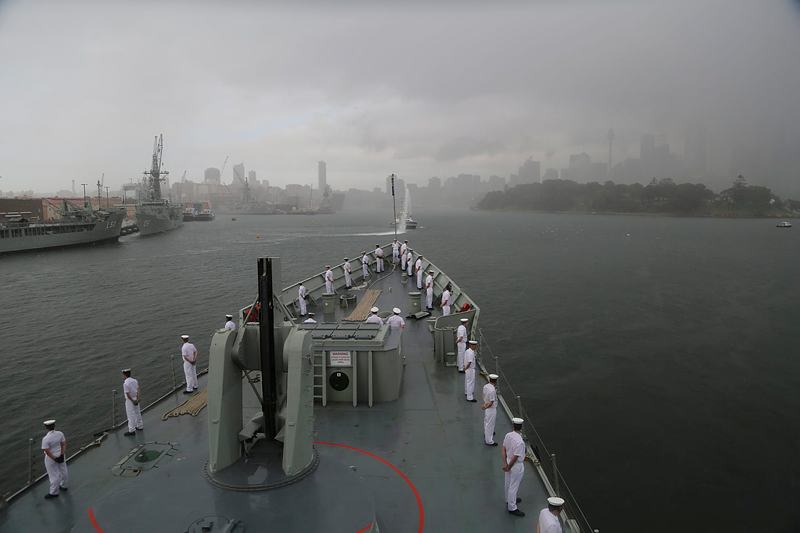Searching for trust with Indonesia
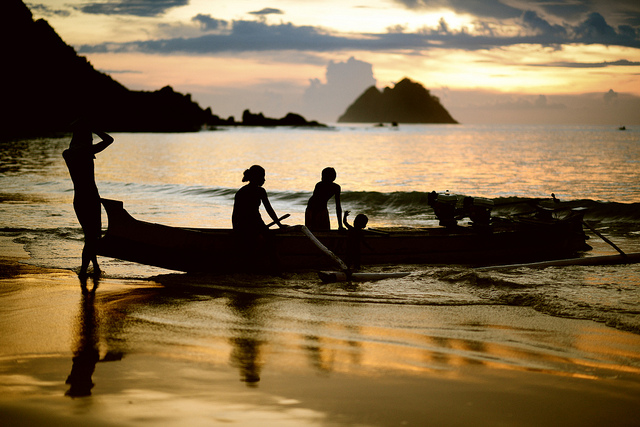 This post has been adapted from a recent ASPI panel discussion ‘Australia and Indonesia: getting back on track’. The full video of the event is available here.
This post has been adapted from a recent ASPI panel discussion ‘Australia and Indonesia: getting back on track’. The full video of the event is available here.
Notwithstanding the evident abilities of our foreign service officers—and they are considerable—Australia’s politicians aren’t natural diplomats. The recent imbroglio regarding Andrew Chan and Myuran Sukumaran put on display Tony Abbott’s and Julie Bishop’s lack of international relationship management skills. Nor were Indonesian President Joko Widodo or his Foreign Minister Retno Marsudi any better.
For the sad truth is that government-to-government relations are conducted at the tactical level, with little evidence of a long-term strategy.
Our bilateral relationship with Jakarta tends to be driven by the vagaries of events, incidents and issues rather than the pursuit of common interests or long-term goals.
Three attitudes characterise Australia’s approach to Indonesia. First, we have a strong sense of Indonesia’s ‘otherness’—a trait identified by Ratih Hardjono in her insightful 1992 book Suku Putihnya Asia: Perjalanan Australia Mencari Jati Dirinya (the White Tribe of Asia: Australia’s Journey to Find its Identity). Second, there’s little sensitivity to the cultural dynamics. For Australia, everything is black and white, whereas for Indonesia there are only shades of gray. And, finally, the instinct of Australian politicians is to play to the domestic audience. Hence the megaphone as Australia’s preferred diplomatic instrument.
And four attitudes characterise Indonesia’s approach to Australia. First, Indonesia is uncertain about what it is and what it stands for. Self-doubt is a national trait. Second, there’s an evident tendency to national introspection. Third, continual suspicion regarding Australia’s motives, to the point of paranoia. And finally, the consequent emergence of a vocal and xenophobic nationalism. Australians are bule (the equivalent of ‘honky’), which has distinct racist overtones.
Among the Jakarta elite, the knockdown nature of Australian politics is just another symptom of the fact that Australians are kurang ajar—Indonesian for ‘boorish—with little appreciation for subtlety. And Julie Bishop’s confession that she exchanged heated words with her Indonesian counterpart only served to reinforce that impression. Halus (meaning ‘refined’) isn’t a term that Indonesians normally associate with Australia.
The core problem in the bilateral relationship is the absence of trust. Generally speaking, governments are not good at building trust, principally because they are more transactional than transformative, driven by the immediate rather than the important, and by the ephemeral rather than substantial long-term goals.
Trust between nations is hard to build, because it is not a consequence of personal relationships between political leaders, but is largely dependent on the strength and integrity of the national institutions—the judicial system, the financial system, the parliament and other representative institutions including the media.
Strong institutions reflect high levels of social capital, and actually contribute to the further generation of social capital.
Australian governments need to focus more on working with Indonesia to strengthen its national institutions. A great KPI for Australia would be to cooperate with Indonesia to lift its Corruption Perception Index from 107th in the world to, say, 50th (equal to Malaysia). And just in case anyone feels smug, Australia ranks 11th—after New Zealand (2nd) and Singapore (7th).
The goal of enhancing the integrity and transparency of the Indonesian armed forces (the TNI) has long driven Australia’s approach to the difficult issue of bilateral military relations. To the extent that the TNI remains subordinate to the Indonesian Parliament, and that it accepts the major premises of civil–military relationship management, Australia’s security is actually enhanced.
But we do need a broader view of ‘security’ if we are to build a stronger and more functional bilateral relationship over time. National security is essentially an artefact of essential internal factors—human security (both personal and community), social security (effective safety nets that reduce social unrest), economic security, the rule of law and the exercise of fundamental freedoms—and critical external factors that derive from a rules-based international system.
If there’s one area in which Australia and Indonesia should cooperate in the security and economic interests of both countries, it’s climate change. This would be low cost/high yield investment. Increasing sea levels and changes in ocean acidity and salinity will have a profound impact on archipelagic states. Work on both mitigation and abatement would reap good returns.
But what has the Australian government done instead? At a time when we are firing rockets into vehicles operated by the ISIS forces in northern Iraq to the tune of over $1bn per year, we cut the development assistance budget.
Of course, the government would be right to say that trust cannot be bought. But it can be invested in. To do so requires strategy and constancy, qualities that have been sadly absent from the Australia–Indonesia relationship over the past decade or so. Indonesia is too important to Australia for things to continue to drift.

